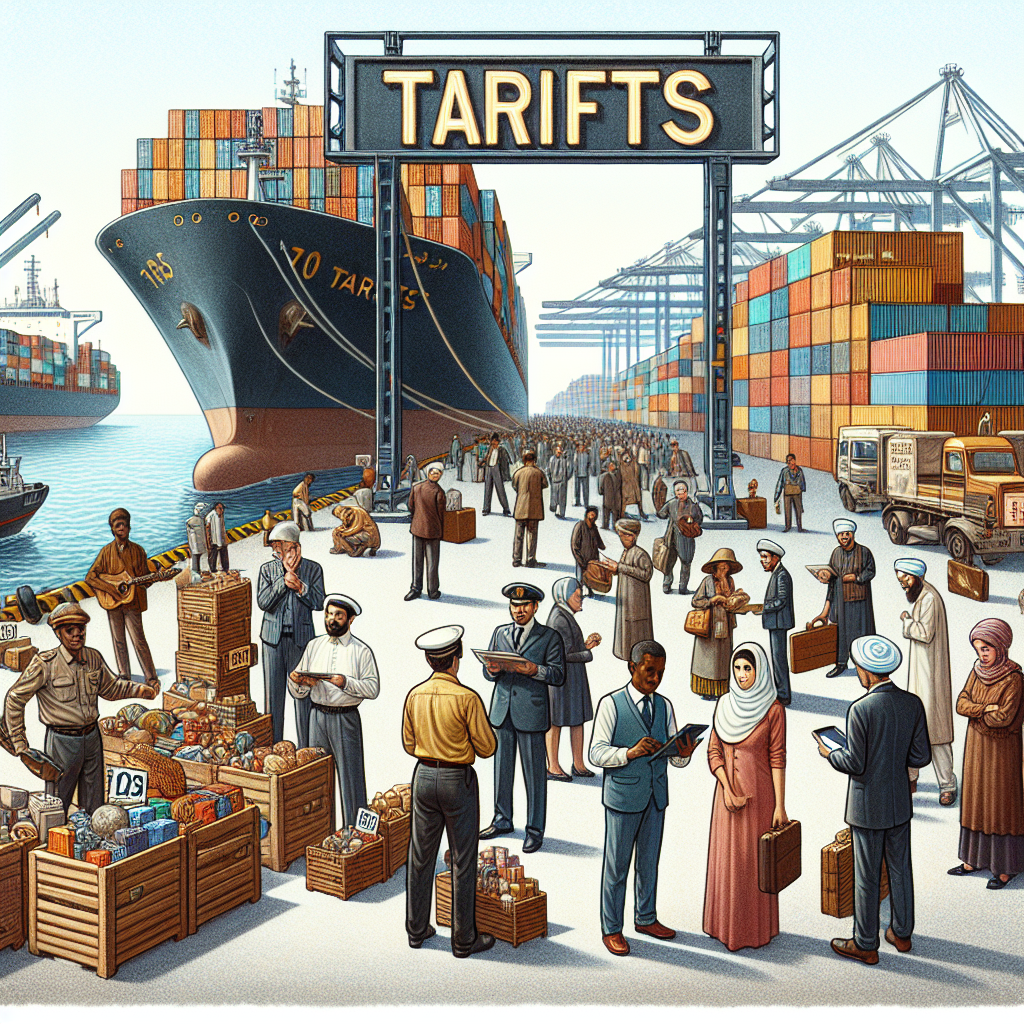Renewed Trade Tensions: U.S.-China Tariff Conflict Heats Up
China has imposed new tariffs on U.S. imports following additional U.S. duties on Chinese goods, reigniting trade tensions. These developments pose risks for global markets, with economists predicting asymmetric impacts on U.S. and Chinese GDP. Market reactions illustrate significant uncertainty in global trade relations.

In a swift retaliatory move, China on Tuesday slapped tariffs on U.S. imports, reigniting the trade war between the world's leading economies. This comes as President Donald Trump introduced a 10% tariff on all Chinese imports into the United States, effective immediately.
While President Trump has recently postponed tariffs on Mexico and Canada, the tension with China, considered an economic rival, continues to escalate. Experts believe China's targeted measures at key U.S. sectors could constrain American GDP growth while controlling domestic inflation risks.
Amidst ongoing negotiations, global markets remain volatile, reflecting the instability and unpredictability surrounding U.S.-China trade relations. Analysts suggest that while a resolution could temporarily ease market tensions, persistent uncertainty is likely to keep financial environments edgy in the near term.
(With inputs from agencies.)
- READ MORE ON:
- China
- tariffs
- U.S.-China trade
- trade war
- Trump
- imports
- global markets
- GDP
- retaliation
- negotiations
ALSO READ
Supreme Court Faces Trump-Era Challenges: Power, Policy, and Precedent
Trump Administration Ends Controversial Tariff Actions
Supreme Court Overturns Trump's Emergency Tariffs, Triggering Refunding Frenzy
Trump's Tariff Tango: Navigating Legal Loopholes and International Boundaries
Trump's Supreme Clash: Loyalty vs. Justice










